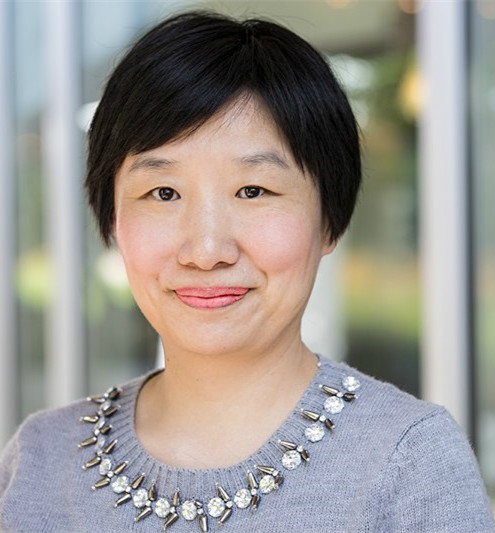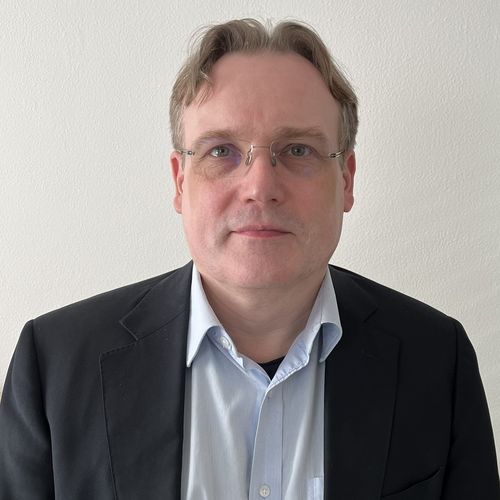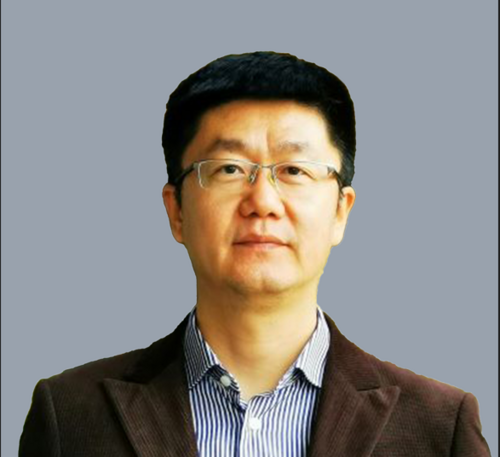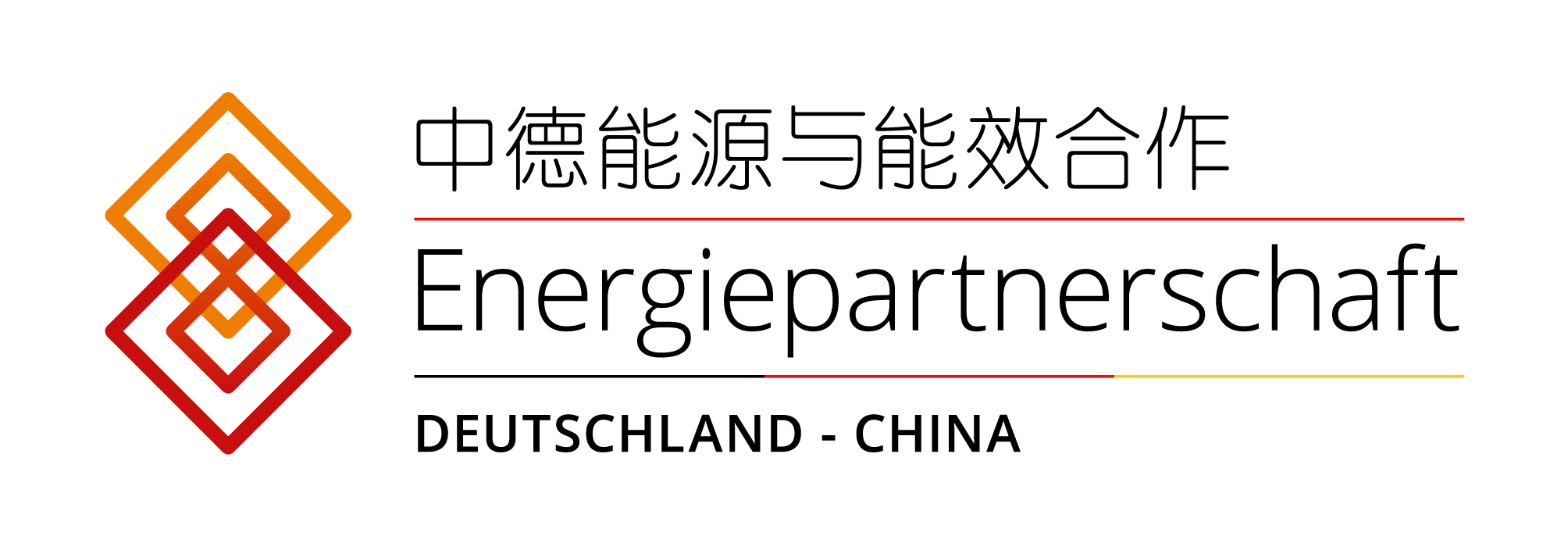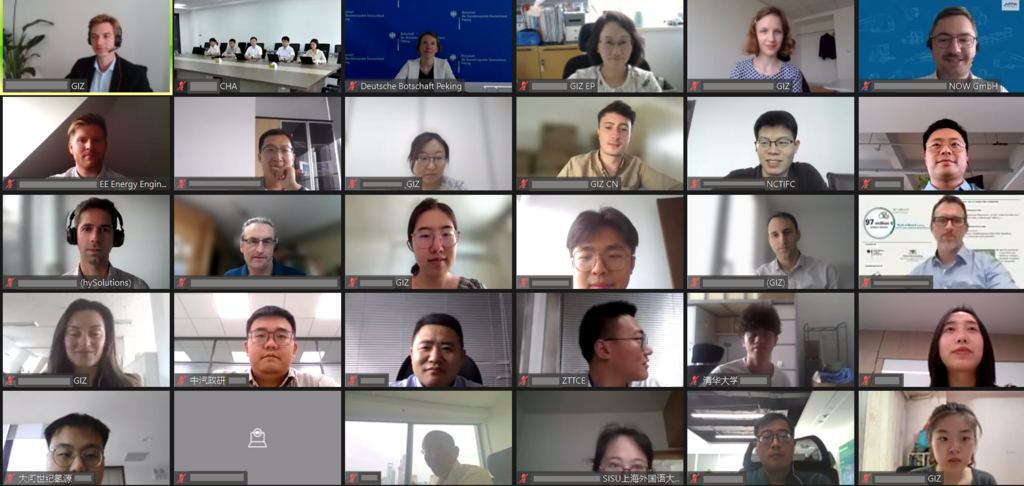The Sino-German Workshop on Sector Coupling in Hydrogen Clusters took place on 20 July 2023. The event brought German and Chinese experts from the energy and transport sectors together to share knowledge and innovative concepts of sector coupling and to discuss experiences and best practices from hydrogen demonstration zones in Germany and China. The Deutsche Gesellschaft für Internationale Zusammenarbeit (GIZ) and the China Hydrogen Alliance (CHA) jointly organized the event under the framework of two projects - Transformation in the Mobility Sector in Asia and Germany the Sino-German Energy Partnership.
The need for sustainable transformation in the fields of energy and transport is undeniable. Close cooperation between Germany and China, as large emitters of CO2 and at the same time pioneers in the field of renewable energies, offers the opportunity of further tapping the potential of renewable energies and energy carriers such as hydrogen for carbon-free transformation in the energy and transport sectors.
Against this background, the workshop provided a platform for German and Chinese experts from the energy and transport sectors to exchange. Experts from CHA, the China Automotive Technology and Research Center (CATARC), the German National Organization Hydrogen and Fuel Cell Technology (NOW) GmbH and the German hydrogen pilot region H2Rivers/H2Rhein-Neckar shared their knowledge and attracted around 110 participants online.
The keynotes touched upon various aspects of the hydrogen industry and its value chain in both countries , with a special focus on sector coupling with the transport sector. A general overview of the application and promotion of low-carbon and clean hydrogen in the transport sector in China was provided by Mr. Xiao Chenjiang, deputy director of the CHA. His keynote featured most recent updates regarding China’s hydrogen production capacity and the status of hydrogen application in the transport sector, power sector and in the industry. His keynote also provided an analysis of China’s hydrogen standards in comparison with other countries’ standards and the carbon footprint of various hydrogen production methods.
An overview of Germany’s hydrogen clusters and the nationwide funding scheme was provided by Mr. Alexander Gehling, program manager at NOW. He described Germany’s attempt to support various projects among all stages of the hydrogen value chain, the involved actors, and the schemes achievements. Finally, he gave an overview of three pilot zones, namely the H2Region Rügen Stralsund, HyPerfromer Rhein Rhur and Th2eco_Mobility.
Experience of constructing fuel-cell vehicle demonstration city clusters in China was shared by Mr. Wu Zheng, head of the hydrogen fuell cell research department at CATARC. His keynote featured details on the selection of pilot zones, the distribution of subsidies and methods of measuring progress in the clusters. After providing some examples of hydrogen clusters in China, including the Beijing-Tianjin-Hebei city cluster and the Guangdong city cluster, Mr. Wu provided an outlook for hydrogen clusters in the future.
The H2Rivers hydrogen pilot region was introduced by Mr. Stefan Rössler, project coordinator future fields and innovation at Metropolregion Rhein-Neckar GmbH. After explaining the economic and geographical background of the region, Mr. Rössler gave an overview of the early-stage investments and measures the region has taken to boost the local hydrogen industry and create implementation scenarios. He put special emphasis on the import of hydrogen and challenges related to the construction of filling stations.
Finally, the participants joined the discussion on potential synergies and common challenges in a panel session. Mr. Pan Fengwen, deputy director of the Chinese National Center of Technology Innovation for Fuel Cells moderated the panel.
To follow up on this topic, the Sino-German Energy Partnership will summarize the key take-aways of the event and share the details on development of hydrogen clusters and sector coupling in both countries. If you have further questions, are interested in the summary or the Sino-German cooperation on hydrogen and sector coupling topics, please contact Mr. Vincent Fremery (vincent.fremery(at)giz.de).
About the Sino-German Energy Partnership
Sino-German Energy Partnership is the central dialogue platform on energy and energy efficiecny between the German Federal Ministry for Economic Affairs and Climate Action (BMWK) and the National Development and Reform Commission (NDRC) and the National Energy Administration (NEA) of the People’s Republic of China. The main objective of the partnership is to foster and advance the far-reaching and profound energy transitions ongoing in both countries by exchanging views, best practices and knowledge on the development of a sustainable energy system, primarily centered on improving energy efficiency and expanding the use of renewable energy. The Deutsche Gesellschaft für Internationale Zusammenarbeit (GIZ) GmbH implements the project under commission of BMWK.
About the Transformation in the Mobility Sector in Asia and Germany Project
Transformation in the Mobility Sector in Asia and Germany Project aims to deepen the political and technical cooperation between Germany and China on climate-friendly transport and to initiate thematic exchanges with further Asian countries on holistic change of transport systems. The project supports the dialogue between the German Federal Ministry for Digital and Transport (BMDV) and political institutions, research institutes and industrial representatives, which are responsible for the transport transition in the Asian countries of cooperation as well as to further analyses transport-specific developments in East Asian countries and conducts research and technical studies.

